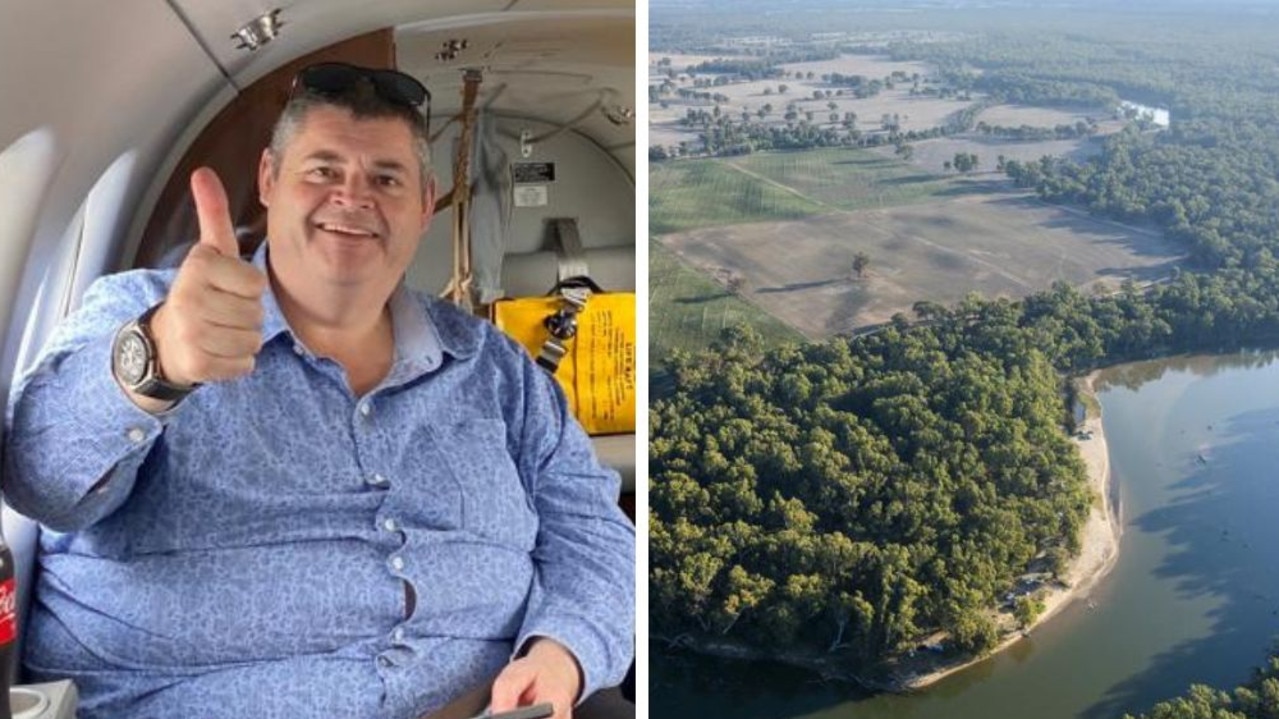Administrators are trying to sell Beston Global Food Company
Beston Global Food Company, which failed owing more than $72m, must find a buyer or a bailout to survive, administrator KPMG says.

Bids to buy failed dairy outfit Beston Global Food Company out of administration are scheduled to come in on Wednesday, with administrators KPMG saying more than 20 parties signed non-disclosure agreements to look over the business.
Beston, which employs about 150 people in South Australia, mostly at its Jervois and Murray Bridge dairy operations, was placed in administration in September after a bid to sell part of the business to Japanese company Megmilk Snowbrands fell over.
KPMG said Megmilk signed an agreement to buy the Jervois facility on September 6, but pulled out of the deal on September 20 after doing due diligence.
Administrators were then appointed immediately.
Minutes from the first meeting of Beston’s creditors, filed with the Australian Securities and Investments Commission, say that the company owed $72.1m when it collapsed, with NAB owed $52.5m and financier ScotPac $2.9m, both on a secured basis.
Unsecured creditors are owed another $16.7m, the report says, with 307 creditors in total, including employees.
Former chief executive Fabrizio Jorge is listed as a creditor, claiming a debt of $267,586.
KPMG said that subsequent to their appointment, they were approached by 30 unsolicited parties and made direct contact with a further 12 in the dairy industry.
Of these, 22 signed non-disclosure agreements and site visits were to be conducted over the past week.
Non-binding indicative offers were scheduled to come in on Wednesday, October 9.
KPMG’s Tim Mableson, one of the administrators of Beston, told the meeting of creditors last week that Beston would need some either a sale or a recapitalisation via a deed of company arrangement to continue to trade.
The administrators are trying to sell the entire business as a going concern, rather than in parts, he said, according to the meeting’s minutes.
Milk suppliers would continue to be paid while the administration process continued, he said.
Beston listed in 2015, valued at $130m, but never turned a profit despite growing revenues strongly in recent years.
The ASX-listed company, which suspended its shares from trade in July, told its shareholders on going into administration that it had “experienced exceptionally high operating costs particularly due to onerous energy prices at a time when Australian farmgate milk prices have been uncompetitive in world markets’’.
Beston was locked into contracts that required it to pay for all of the milk its suppliers delivered, which caused significant cashflow problems for the business in the past year.
The company’s problems predate high milk prices, however.
Beston started out as a diversified agricultural investment vehicle, which on listing owned assets or stakes in several agricultural outfits in sectors including rock lobster, meat and water.
It pared these back over the years to focus on producing cheese products as well as lactoferrin, but failed to operate profitably.
Its board, led by Dr Roger Sexton, also racked up a number of protest votes against its remuneration reports over the years.




To join the conversation, please log in. Don't have an account? Register
Join the conversation, you are commenting as Logout